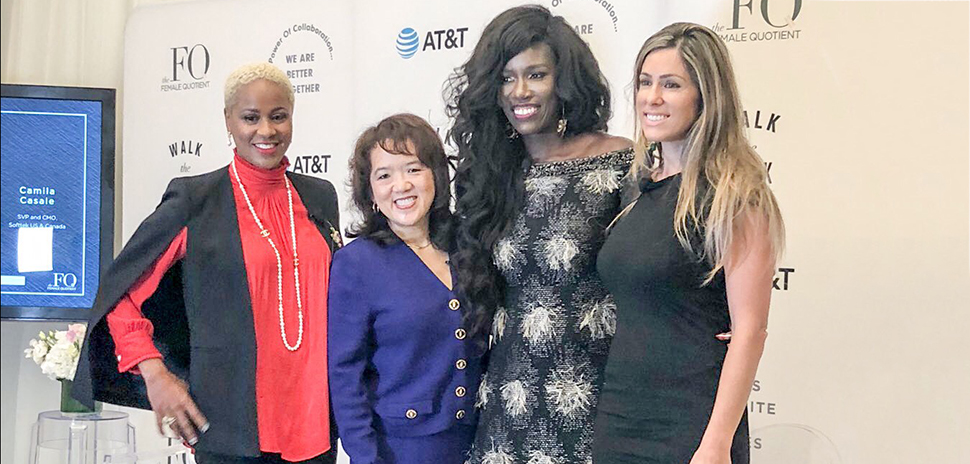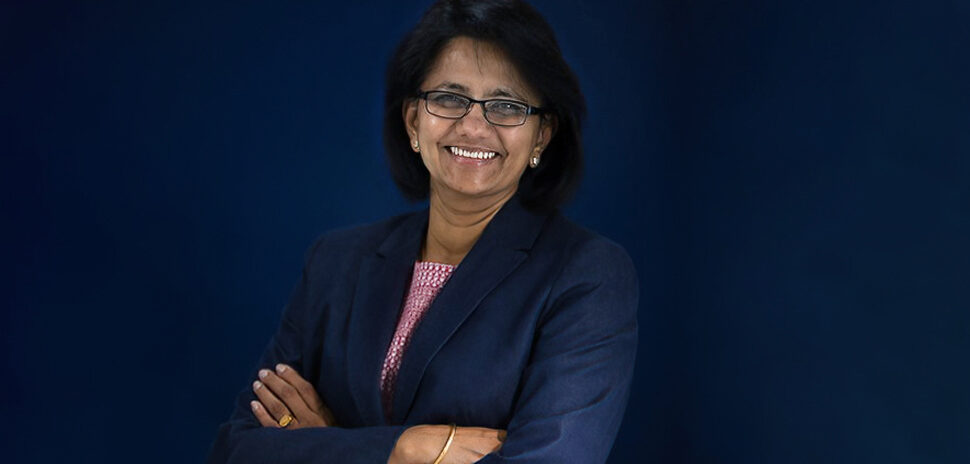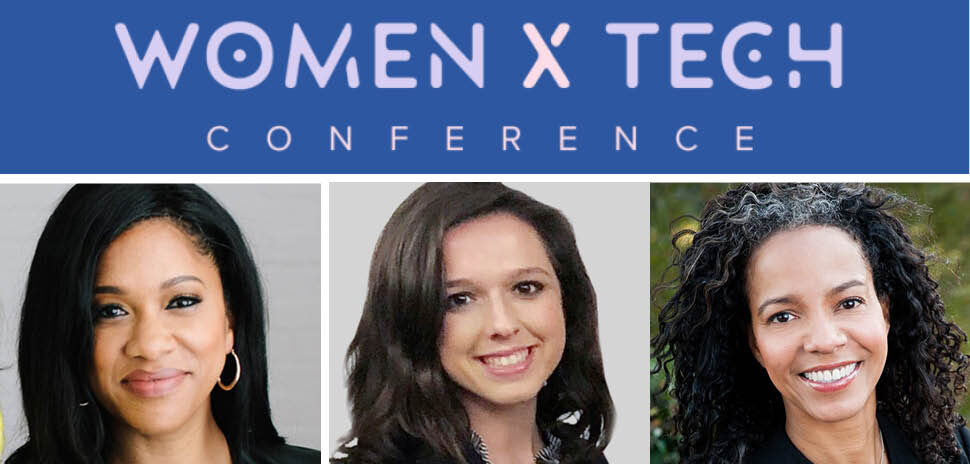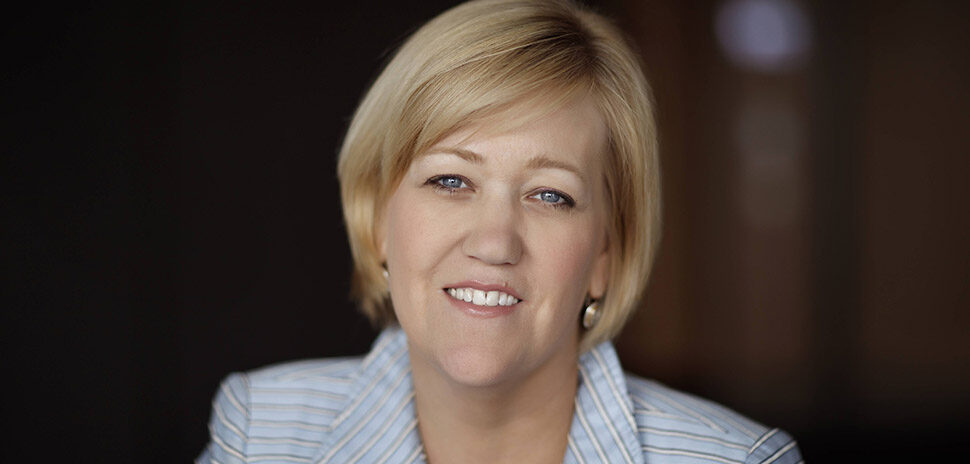The numbers don’t lie.
Women — especially women of color — are underrepresented at every level in corporate America. Overall, women represent more than half of the U.S. population and earn more than half of college degrees. Yet women account for less than half of entry level positions, with the numbers shrinking as you move up the ladder.
According to Women in the Workplace 2017, women comprise 37 percent of manager roles, 21 percent of senior manager roles, and 20 percent of C-suite roles. Only 3 percent of C-suite roles, meanwhile, are occupied by women of color. And while one in five C-suite leaders is a woman, fewer than one in thirty is a woman of color. Diversity also varies by industry segment. Women are fairly well represented in the retail and healthcare sectors, while their presence in technology is below the average.
Another point to consider is the difference between diversity and inclusion. As one of the speakers at last week’s AT&T Women of Color panel discussion put it, it’s one thing to be invited to the party, but another to be invited to dance.
So what’s driving this lack of progress? One issue is that we have a blind spot when it comes to diversity. Put differently, we can’t solve problems that we don’t see or that aren’t clearly defined. When business leaders — and many employees for that matter — see a few high-profile examples of women in leadership roles, they conclude “problem solved,” and don’t feel any sense of urgency around committing to diversity and changing the status quo.
Moreover, many companies that are committed to advancing diversity for women overlook the realities confronting women of color, who face the greatest obstacles and receive the least support. In other words, a one-size-fits-all approach to advancing women often leaves women of color under-served and left behind.
Ultimately, making change happen is up to us. As a Latina woman in a leadership position, I feel obligated to go as far as I can, and to be a role model for others. And while a diverse workforce can’t happen without the commitment of senior leadership, I believe it’s up to me to secure that commitment through leadership by example.
I work in the technology industry, which has the well-deserved reputation of being a boys’ club. But, the technology space is also open to new ideas and innovation, so if you can prove yourself, you get taken seriously. Being successful, meanwhile, makes it possible to frame the issue as an opportunity for the business to succeed, rather than as an obligation for the business to be fair.
For me personally, I’ve benefited from the lesson my parents passed on to me to always push myself to get out of my comfort zone. They taught me that the only barriers I face are the ones I put up myself. This has helped me navigate challenges I’ve experienced as a Latina working in the U.S., Europe, and in my native Argentina. So rather than considering myself at a disadvantage, I’ve sought to embrace my heritage and make the most of my abilities, language skills, and creativity.
But we can’t do it alone. I’ve been fortunate to have amazing mentors throughout my career — business leaders who, despite being very busy, have always been available to listen and to offer advice. These mentors have inspired me to give back however I can. One initiative I’m very proud of is a local group I founded (WITech Miami Council) to support women from different backgrounds and nationalities to advance and succeed in the tech industry.
In a truly equitable workplace, the best talent will rise to the top, and we’ll all benefit, because diversity leads to stronger business results. We’re not there yet. But by committing to work individually towards our own success, as well as collectively to support others, we can achieve true diversity.
Camila Casale is Senior Vice President and Chief Marketing Officer at Softtek US and Canada, an IT service provider.
![]()
Get on the list.
Dallas Innovates, every day.
Sign up to keep your eye on what’s new and next in Dallas-Fort Worth, every day.






























